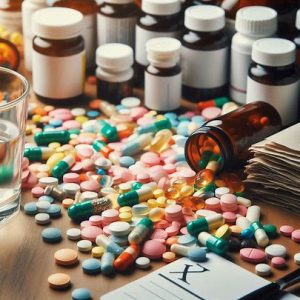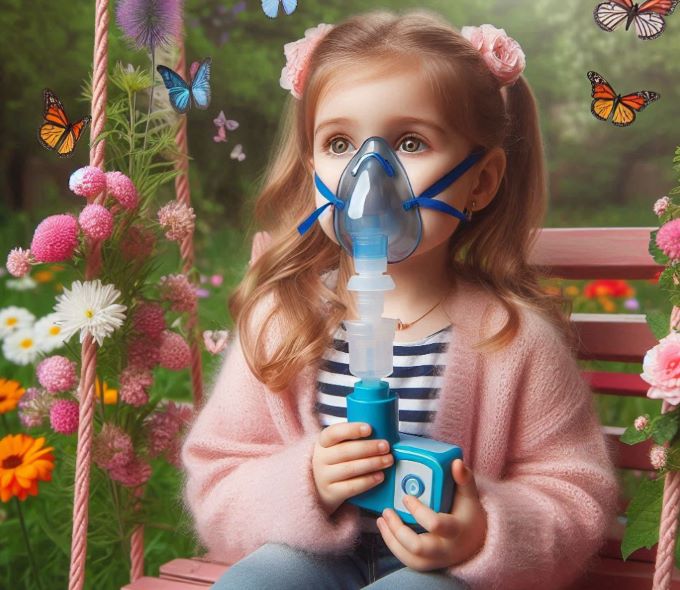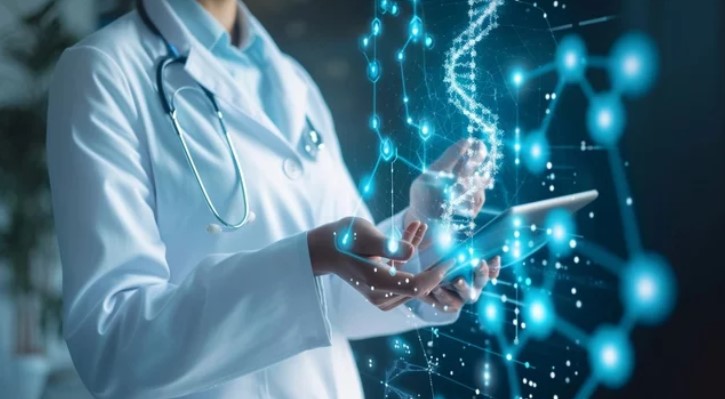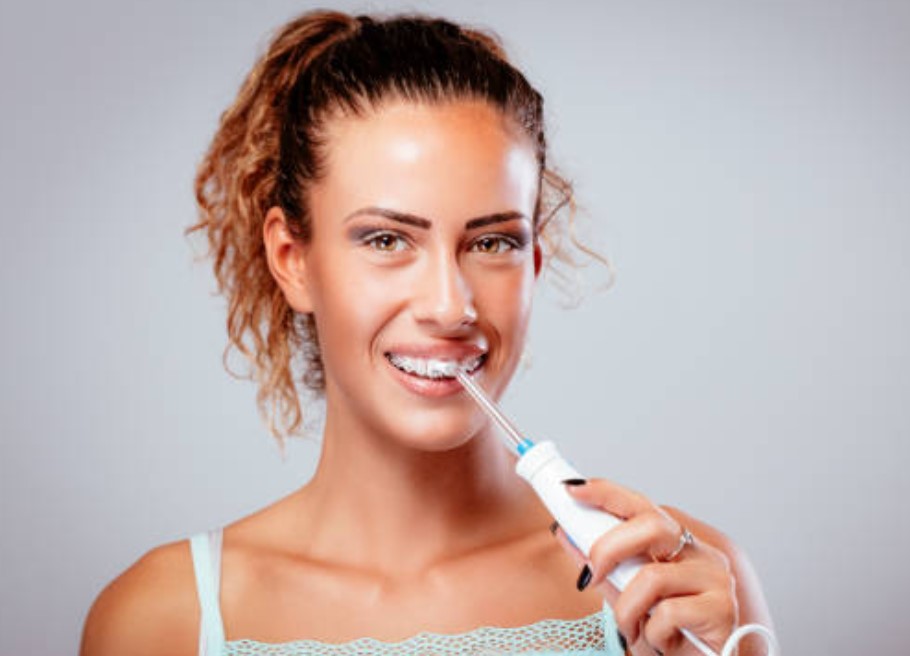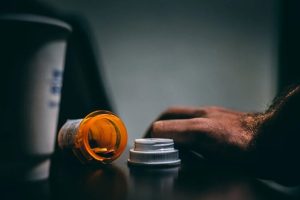
Bio-identical hormones mimic the body’s natural hormones. These compounds, derived from plant sources, match the molecular structure of hormones like progesterone and estrogen. Unlike synthetic hormones, they integrate seamlessly with the body’s systems. This compatibility has sparked a revolution in midlife care, particularly for women navigating menopause or hormonal imbalances. Topical progesterone creams, such as Prog-Relief USP Progesterone Cream, lead this charge, offering a safe, effective alternative to traditional hormone therapies. But what makes these creams so transformative?
The Need for Topical Solutions
Hormonal changes during midlife often bring hot flashes, mood swings, and sleep issues. Many turn to pills or injections, but these can involve complex prescriptions and side effects. Topical delivery systems, explored by experts at Imagine Dermatology, bypass these hurdles. Creams deliver hormones directly through the skin, allowing for steady absorption into the bloodstream. This method avoids the liver’s first-pass metabolism, which oral medications undergo, reducing strain on the body and minimizing side effects. The result? A smoother, more natural hormone balance.
Why Progesterone Matters
Why progesterone, though? Progesterone plays a key role in regulating the menstrual cycle and supporting overall wellness. During menopause, its levels drop sharply, leading to symptoms like irritability and fatigue. Bio-identical progesterone, derived from yams or soy, restores these levels without the risks tied to synthetic versions. Studies suggest bio-identical hormones may lower the chance of side effects like bloating or mood disturbances compared to traditional hormone replacement therapy (HRT). Plus, topical creams allow precise dosing, tailored to individual needs.
Biotech Innovation at Work
Biotech innovation drives this trend. Advanced formulations ensure the hormones in creams like Prog-Relief are micronized—broken into tiny particles for better skin absorption. This precision enhances effectiveness, letting users apply small amounts daily for consistent relief. Additionally, these creams often require no prescription, making them accessible for those seeking natural solutions. Imagine skipping the pharmacy line and still addressing hormonal imbalances with ease! The convenience is hard to beat.
Quality and Safety Considerations
However, not all progesterone creams are equal. Quality matters immensely. USP-grade progesterone, for instance, meets strict purity standards set by the United States Pharmacopeia. This ensures the product is free from contaminants and delivers consistent potency. Reputable brands also avoid parabens or artificial fragrances, which can irritate sensitive skin. Checking labels and consulting professionals can guide users to the best options. After all, who wants to gamble with their health?
Personalized Care with Creams
Another perk of topical creams is their role in personalized care. Everyone’s body responds differently to hormones. Some need a little boost, others a more robust dose. Creams allow users to adjust application amounts, often guided by symptoms or lab results. This flexibility contrasts with one-size-fits-all pills. Furthermore, topical application reduces the risk of digestive upset, a common complaint with oral HRT. It’s no wonder more people are turning to these creams for relief.
Understanding the Risks
Are there risks? Like any therapy, bio-identical hormones require careful use. Overuse can lead to side effects like drowsiness or weight gain. Consulting a healthcare provider ensures safe application, especially for those with conditions like breast cancer or heart disease. Research also emphasizes starting with the lowest effective dose. This cautious approach maximizes benefits while keeping risks low. Thankfully, ongoing studies continue to refine our understanding of bio-identical hormones, paving the way for safer protocols.
A New Era of Midlife Wellness
The rise of topical progesterone creams reflects a broader shift toward natural, user-friendly health solutions. Women no longer need to endure disruptive symptoms or navigate complex medical systems for relief. Instead, they can apply a cream at home, knowing it’s backed by science and tailored to their body’s needs. This empowerment resonates deeply, especially for those in midlife seeking to reclaim vitality. What’s more exciting than taking control of your wellness with cutting-edge science?
READ ALSO: Beyond Beauty: How Denver Wellness Centers Are Quietly Revolutionizing Health Tech
The Future of Hormone Therapy
Looking ahead, biotech advancements promise even more refined hormone therapies. Researchers are exploring ways to enhance absorption and combine hormones for synergistic effects. For now, products like Prog-Relief USP Progesterone Cream offer a glimpse into the future of midlife care—effective, accessible, and rooted in the body’s natural rhythms. As awareness grows, these creams could redefine how we approach hormonal health, making midlife not just manageable but vibrant.




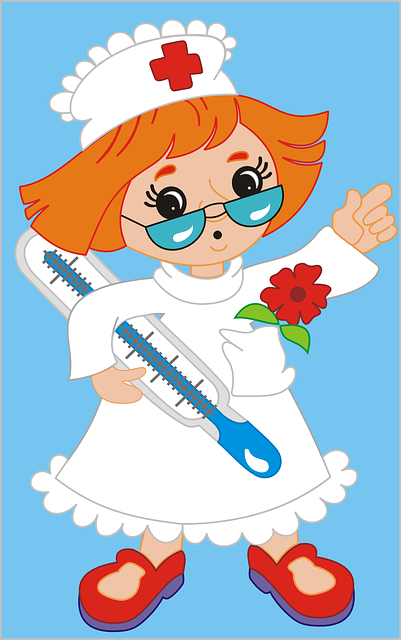

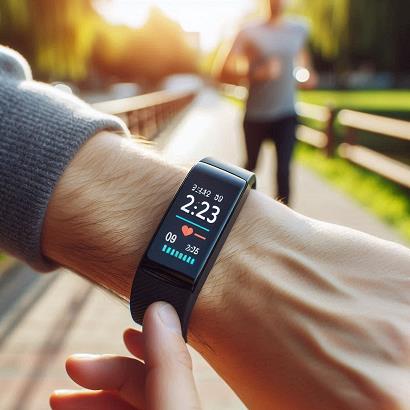
 Home care is becoming a critical component of healthcare, providing support for individuals with chronic illnesses, disabilities, or those recovering from surgery. One of the key advancements in healthcare is In-Home Support Services (IHSS), a service that allows individuals to receive personalized care within the comfort of their own homes. This approach is cost-effective and promotes better patient outcomes by maintaining a familiar environment for the patient.
Home care is becoming a critical component of healthcare, providing support for individuals with chronic illnesses, disabilities, or those recovering from surgery. One of the key advancements in healthcare is In-Home Support Services (IHSS), a service that allows individuals to receive personalized care within the comfort of their own homes. This approach is cost-effective and promotes better patient outcomes by maintaining a familiar environment for the patient.


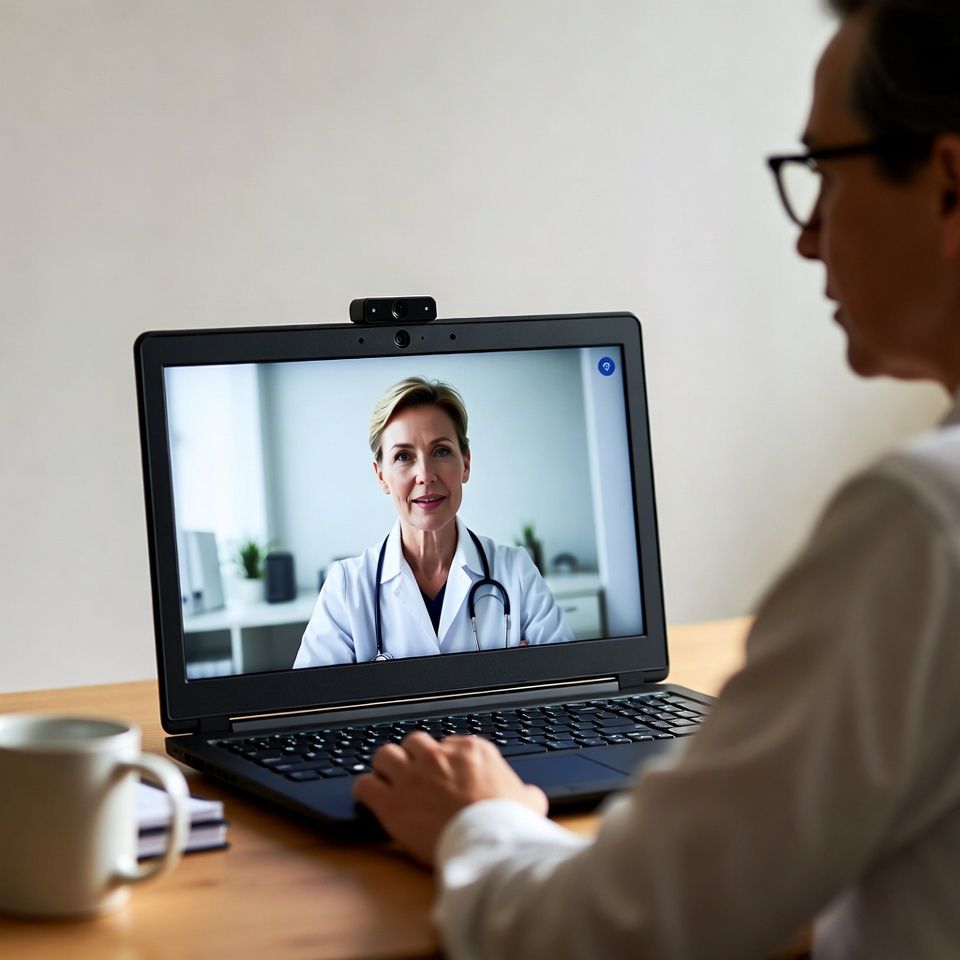

 Over 970 million people worldwide live with mental health disorders, and technology is increasingly stepping in to offer innovative solutions. Among these advancements, nootropics—a category of supplements and substances that enhance cognitive functions—are transforming how mental health is managed and improved. From anxiety relief to memory enhancement, nootropics are becoming a cornerstone in mental health technology.
Over 970 million people worldwide live with mental health disorders, and technology is increasingly stepping in to offer innovative solutions. Among these advancements, nootropics—a category of supplements and substances that enhance cognitive functions—are transforming how mental health is managed and improved. From anxiety relief to memory enhancement, nootropics are becoming a cornerstone in mental health technology.